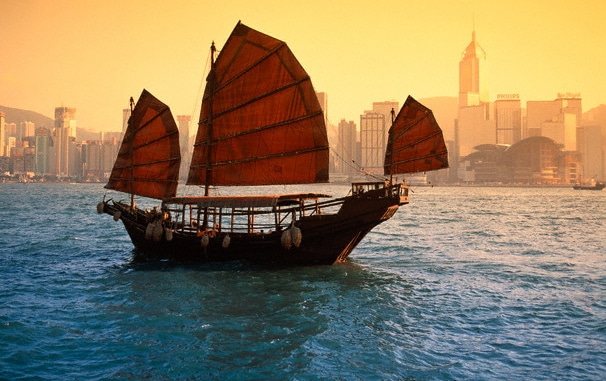Hong Kong’s history is a captivating tale of transformation, resilience, and cultural fusion. From its humble beginnings as a small fishing village to its emergence as a global financial powerhouse, Hong Kong has undergone remarkable changes over the centuries.
The story of Hong Kong can be traced back to the Qin Dynasty (221-206 BC), when the region was first incorporated into the Chinese empire. Over the ensuing centuries, Hong Kong would witness the rise and fall of various dynasties, as well as the growth of its local industries such as salt production, pearl farming, and fishing.
The turning point in Hong Kong’s history came in 1841, when the British Empire acquired Hong Kong Island following the First Opium War with China. This marked the beginning of British colonial rule, which would last for more than 150 years. The Treaty of Nanking in 1842 and subsequent treaties in 1860 and 1898 led to the expansion of British control over Kowloon Peninsula and the New Territories.
Under British rule, Hong Kong transformed into a thriving port and a gateway between East and West. The city saw rapid development in infrastructure, trade, and finance, attracting migrants from mainland China and other parts of the world. This influx of people contributed to the rich cultural mosaic that defines Hong Kong today.
The 20th century brought significant challenges to Hong Kong, including the Japanese occupation during World War II and the 1967 leftist riots. Nevertheless, the city continued to grow, solidifying its position as an important global economic center.
In 1997, Hong Kong’s sovereignty was transferred back to China under the “one country, two systems” framework, which granted the city a high degree of autonomy and allowed it to maintain its own legal and economic systems. This historic event marked the end of British colonial rule and the beginning of a new chapter in Hong Kong’s history.
In recent years, Hong Kong has faced political unrest and pro-democracy protests, highlighting the city’s complex relationship with mainland China. Despite these challenges, Hong Kong continues to be a vibrant and dynamic metropolis, embracing its unique heritage and looking towards the future.
